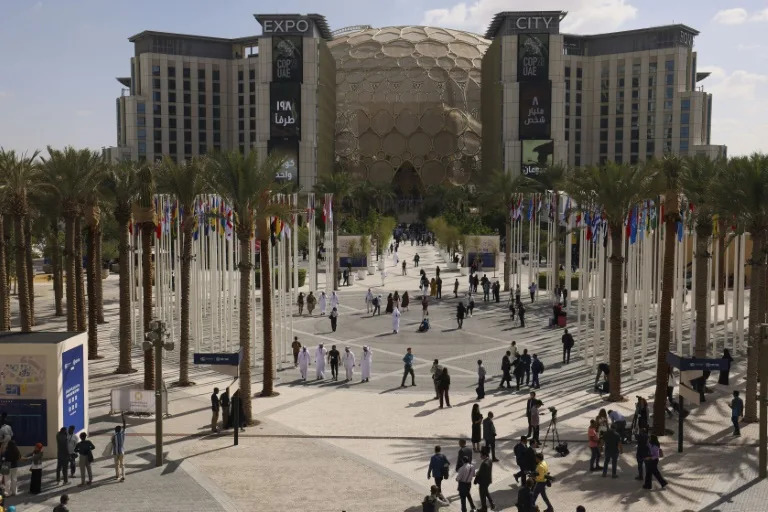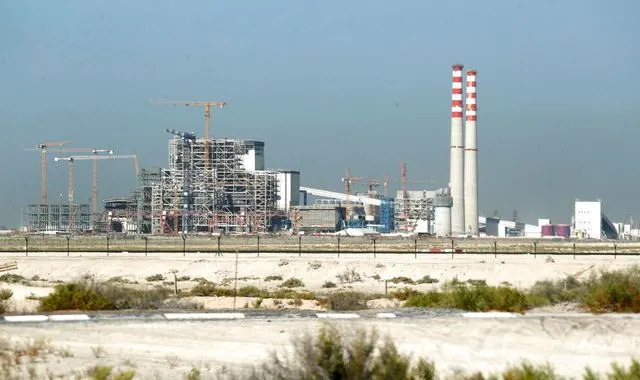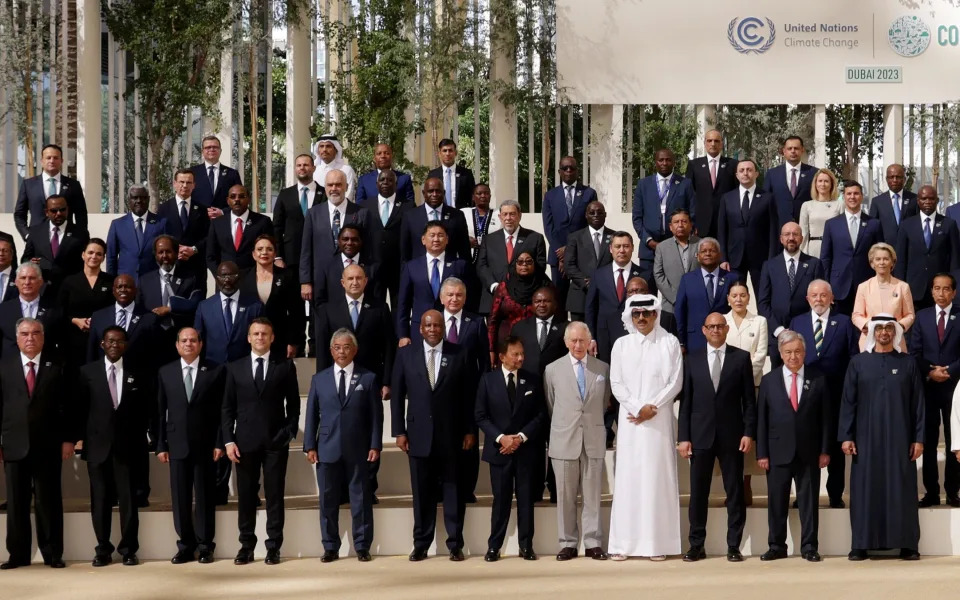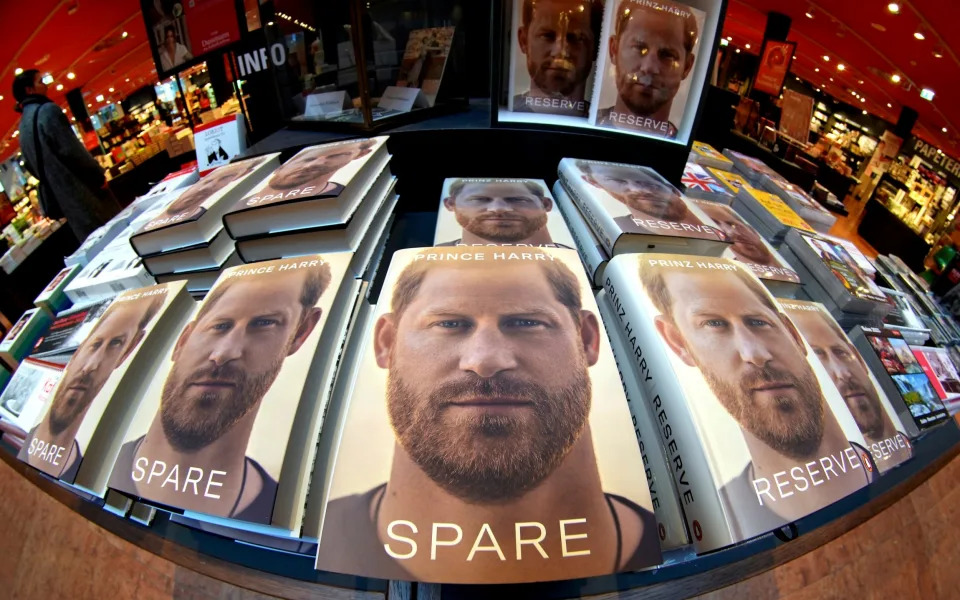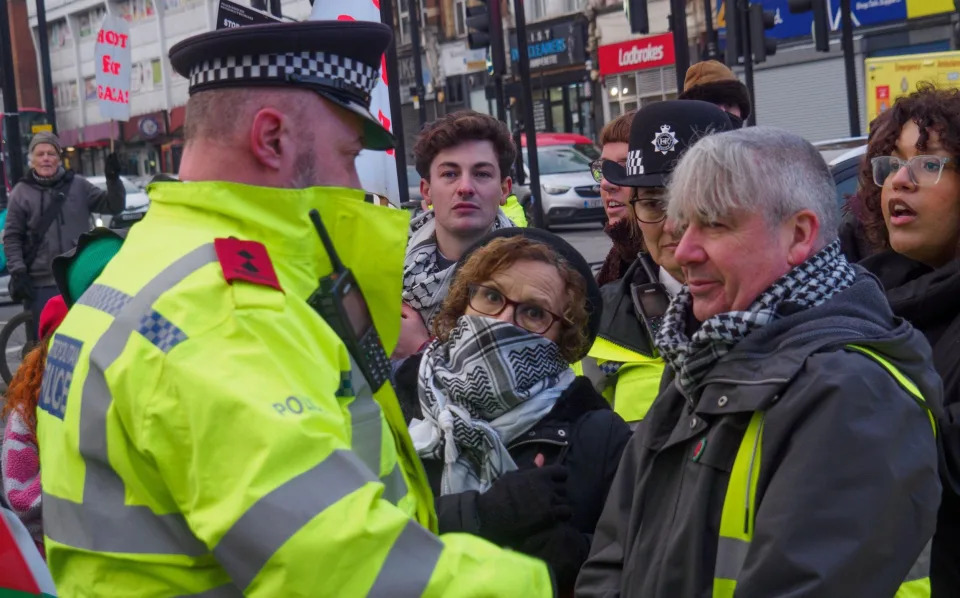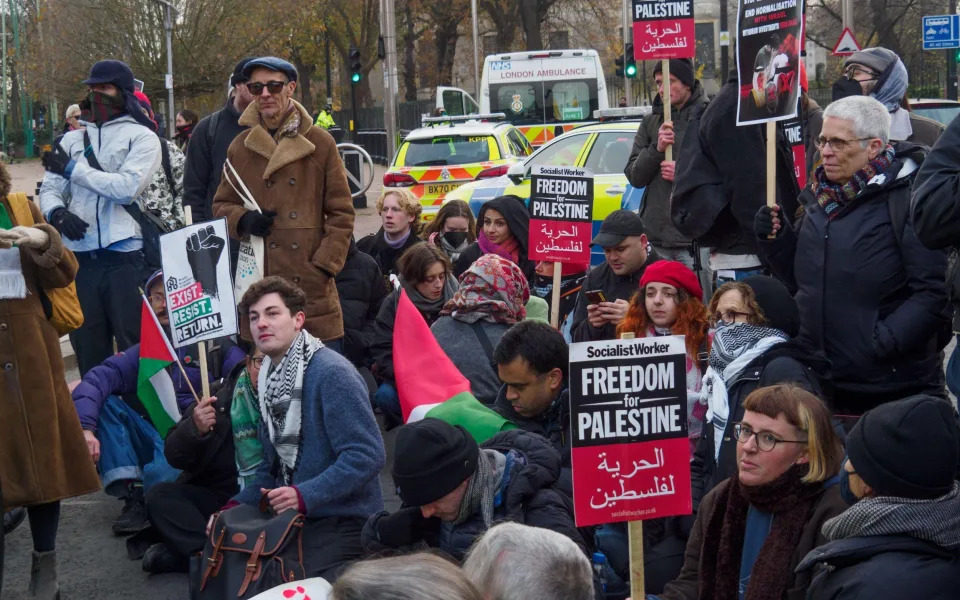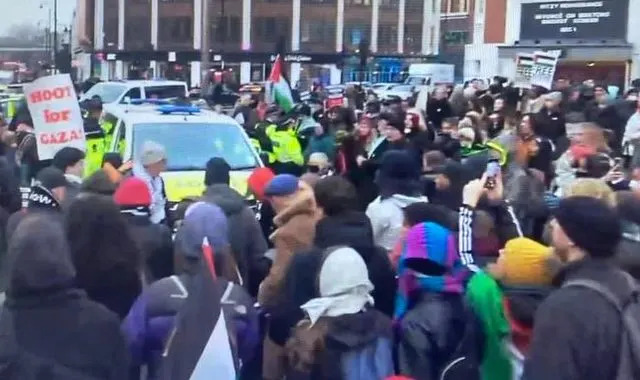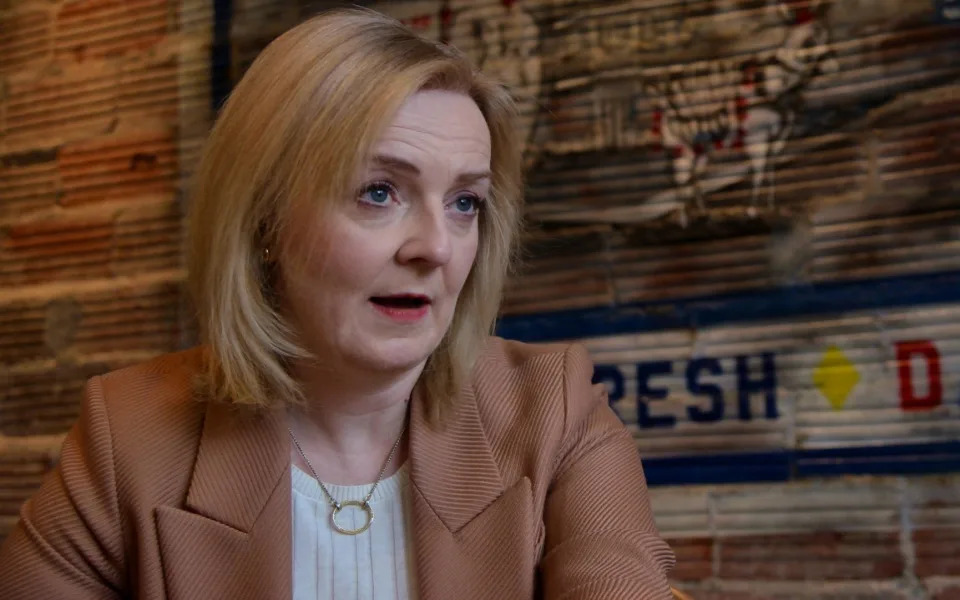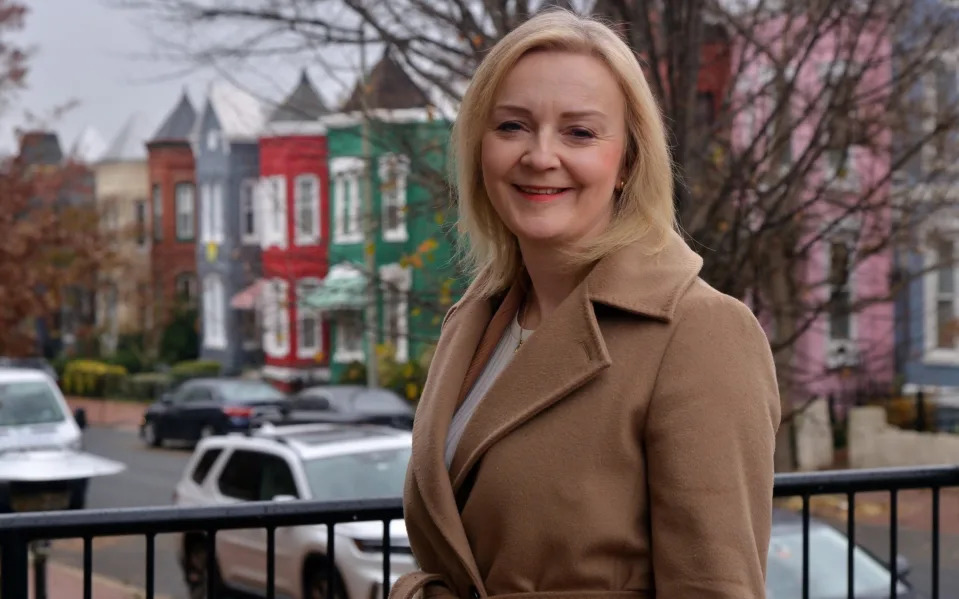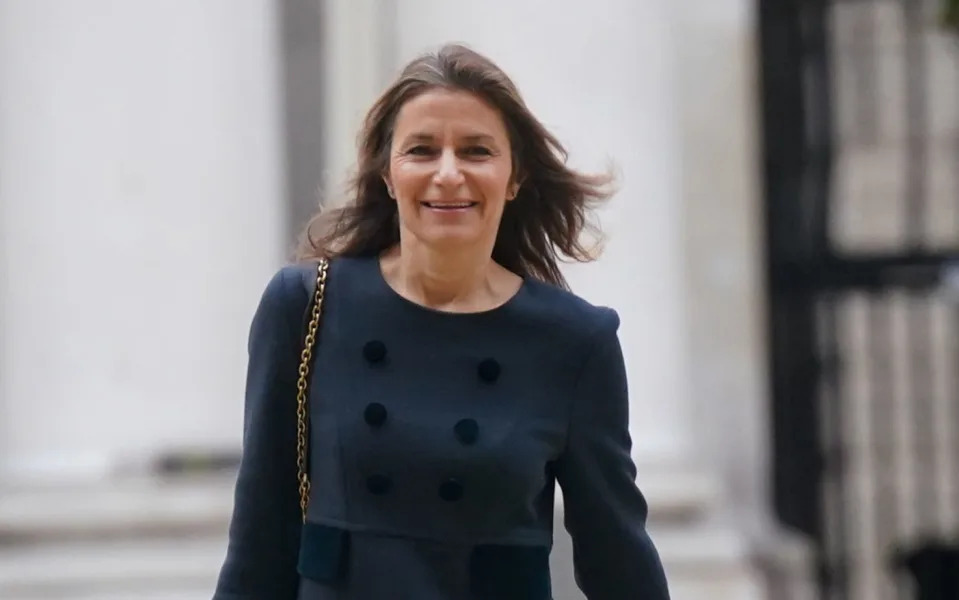By Bradley Worrell • Published: May 25, 2023
CU Boulder’s Henry Lovejoy updates LiberatedAfricans.org, which highlights a largely forgotten period of time in the history of African diaspora
For Henry Lovejoy, an associate professor of history at the University of Colorado Boulder whose focus is on the history of Africa and the African diaspora, the two words provoking the cruelest irony are “Liberated Africans.”
The term “Liberated Africans” coincides with a now-little-remembered part of history following the passage of the Slave Trade Act of 1807 by the United Kingdom’s Parliament, which prohibited the slave trade within the British Empire (although it did not abolish the practice of slavery until 1834).
Meanwhile, around the same time, the United States Portugal, Spain, the Netherlands, among others, passed their own anti-trafficking laws. In the years that followed, the British Royal Navy—which then controlled the world’s seas—and other participating navies operated a squadron of ships in the Atlantic and Indian oceans to interdict the slave trade
Henry Lovejoy is an associate professor of history, a specialist in the digital humanities, and the director of the Digital Slavery Research Lab at CU Boulder. He recently relaunched an enhanced version of the website www.liberatedafricans.org.
Before 1900, those navies seized nearly 3,000 slave ships. Various British and international courts convened to determine the fates of the “Liberated Africans.”
However, in a cruel twist of fate, most of those “liberated” people weren’t actually freed—but were instead condemned as property, declared free under anti-slave trade legislation, and then subjected to indentures, lasting several years.
“So, scholars argue this is another type of slavery, because it resulted in bonded labor,” Lovejoy says, noting, “They were made to work on sugar plantations just like enslaved Africans. They get ignored from the history of indentured labor from Asia because they are sort of regrouped with chattel slavery.
“So, there’s a whole new social status that forms under the term ‘Liberated Africans,’ which is a misnomer. This is called a humanitarian effort, but the contradiction is, it’s a crime against humanity.”
Documenting the history of Liberated Africans online
Serving as specialist in the digital humanities and as the director of the Digital Slavery Research Lab, Lovejoy is a strong believer in using technology to make history accessible to researchers, scholars and students.
It’s the reason he is relaunching a greatly enhanced version of the website www.liberatedafricans.org, a memorial of information regarding the more than 700,000 men, women and children “liberated” in the British-led campaign to abolish African slave trafficking.
First established in 2015, Lovejoy says the website is getting a major upgrade, thanks to grant funding and a partnership with Walk With Web Inc., under the CEO direction of Kartikay Chadha, who is a doctoral candidate at McGill University. This Canadian company provides technical support to institutions associated with social sciences and humanities research, development and preservation.
The updated website will be notable for its complex datasets while being easy to navigate and highly interactive, according to Lovejoy.
“What I really like about this design is that it’s really simple. It’s 10 menu items makes accessible a very complex history,” he says.
The website features archives containing more than 500 pieces of anti-slavery legislation from the 1790s through the U.N. Universal Declaration of Human Rights in 1948. Lovejoy says this section of the website was largely built by CU students in the Department of History.
Notably, the website also ties in with the website www.AfricanRegions.org, with regional maps explaining pre-colonial Africa in historical context.
Specific features of the relaunched l website, www.liberatedafricans.org, includes a map visualizing the maritime blockade of the slave trade off the coast of west Africa, complete with nearly 3,000 documented locations where navies seized slave ships in international waters, which Lovejoy says is the first time these efforts have been captured on a temporal map.
“No one has mapped all of this out before, and no one has seen all of this before,” Lovejoy says.
The website showcases more than 5,000 cases involving the “liberation” process resulting in involuntary indentures. Additionally, a growing collection of case files related to government schemes to “liberate” and involuntarily indenture enslaved Africans according to anti-slavery law are featured on the website.
Maps, in particular, play a huge role in telling the story of Liberated Africans.
“I’ve centered this project primarily on maps,” Lovejoy says, “because when you are talking about a global forced migration of people related to the suppression of the slave trade, putting it on maps helps locate people in terms of where these cases occurred and the broad geographic scope of 700,000 indentured Africans.”
Lovejoy is aiming to have the latest version of the Liberated Africans website go live on June 1, coinciding with the Canadian Federation of Humanities and Social Sciences conference at York University in Toronto, Canada, where he will give a presentation highlighting its enhanced features and upgrades.
While this latest version of the Liberated Africans website represents a major step forward, Lovejoy says adding new content to the website is an ongoing effort.
“The long-term goal for LiberatedAfricans.org is to organize all the available digitized archival sources related to the cases, including registers naming nearly 200,000 people involved. Currently, these records are scattered in world archives,” he says. In May, Lovejoy spent more than two weeks in Portugal, reviewing government documents related to that country’s abolition and suppression of the slave trade.
Meanwhile, Lovejoy says he sees the improved website as appealing to a large audience, from historians to students.
“The people who will make use of this website primarily will be historians interested in Africa and Africa diaspora, but it should be of interest for any type of history, whether it’s economic history, migratory history, legal history etc.,” he says. “And, I’ve also designed it for classroom education, because I’ve essentially mapped out the entire suppression of the slave trade from Africa.”

